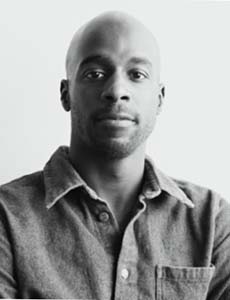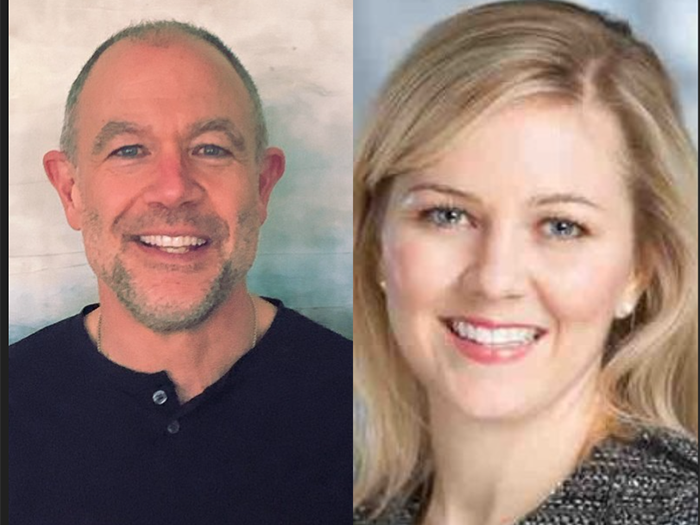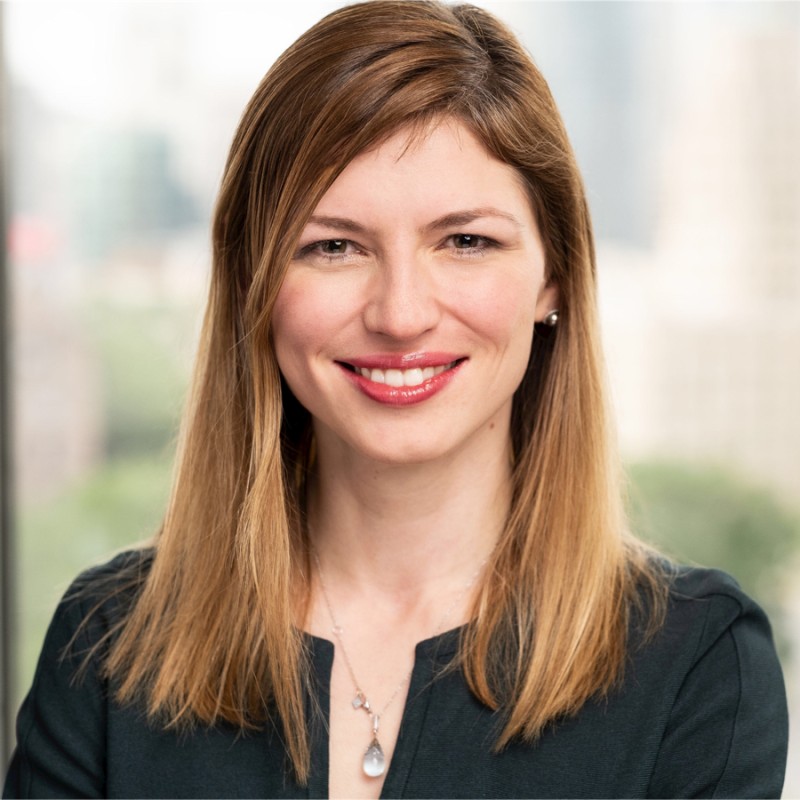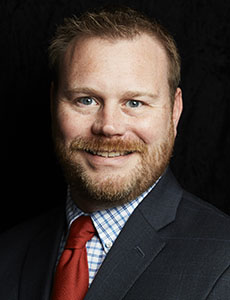Jelani Fenton Shares How He’s Building the Insurance Talent Pipeline with On-the-Job Training

Raising the next wave of insurance professionals will require a multifaceted approach. Jelani Fenton spoke with Risk & Insurance® about where he sees opportunities to fill the gaps and what he’s doing to help people of various backgrounds develop successful, family-supporting careers in the industry.
Risk & Insurance: Where is the talent shortage being felt most acutely in the insurance industry?
Jelani Fenton: There’s a talent shortage in a variety of different places. But broadly speaking, about 50% of our entire industry is reaching retirement age or about to retire over the next 5 to 10 years. So ultimately, that’s creating pressure across all segments of the market, across underwriting, brokerage, claims.
There’s a large talent shortage particularly within the independent agency space, too, as we look towards account managers and CSRS that have been at their shops for 20, 30, 40 years. A lot of those folks are starting to reach retirement age, and there’s not that young pipeline of talent coming in the industry to be able to really fill the void.
R&I: It seems like you’re working to fill the void. Congratulations on the launch of Safari’s first cohort in August 2022. You’re with your third cohort now?
JF: Absolutely. When we launched, we had gone out very specifically to go after the insurance industry, because we know that there’s this talent shortage that we’re seeing.
We were fortunate to bring on our first customer last summer, which is one of the largest distributors of life insurance and annuities products, and they’ve been super supportive of our work so far. We launched our third cohort with them starting January 2023.
We’re also working on several other engagements across the property and casualty side of the business.
R&I: What skills and attributes were you looking for when you recruited Safari’s first cohort?
JF: There are three things that I really look for as we consider someone’s ability to work in this industry. A lot of people will joke that what we do is not rocket science — and it’s not. You can learn everything that you need to know to be able to be successful in this industry on the job.
I really look for three things, the first of which is a good attitude — particularly with folks who we’re recruiting. The screening process is very much focused on behavioral attributes to really drive that point home. So, anything related to a good attitude as well as intellectual curiosity.
Within the world of insurance, there are so many different segments of the market, and there are also so many different contributors across the entire value chain. There are the folks who are on risk versus the folks who are focused on the claim side versus the intermediaries who interface with the end customer.
There are so many different segments of the actual industry that someone can dive into, and I think having an intellectual curiosity about how all of those different segments of the market interact is something we really look to screen for.
And then, lastly, we screen heavily for a willingness to develop and grow.
One of the things that our industry could definitely rethink is this internal development of talent. Oftentimes, as we look to recruit more talent into the pipeline, it’s typically folks who might have a family member in the business or might have come in through some other type of way.
But I think for someone who is going to want to grow and wants to establish a career in this industry, having that willingness to develop and having that willingness to really grow and cultivate a strong career is something we look to screen for very heavily in our recruitment process.
On the analytical side, we look to screen for analytical rigor at a high level, but the expectation is not really that you’re coming in with an understanding of how to read a loss run or how to get into the actuarial analysis of a policy. You can learn all of that on the job or go back to school and learn.
But anyone who comes to into an interview with the right attitude, who is really interested in putting in the time to develop and grow — they’ll be a good fit for our program.
R&I: Is there a baseline academic level or certain amount of employment history that you look at? What criteria are you looking for?
JF: I can take you through some of the numbers: 40% of our placed talent in our existing cohorts do not currently have a four-year degree. We have a very particular mission within our organization, which is to decrease the barriers to family-sustaining jobs for folks coming from diverse backgrounds in particular, but that is not exclusively what we do.
Within financial services, you don’t necessarily need a bachelor’s degree to work in the insurance industry, and plenty of people have been extremely successful in our industry without ever getting a degree. And I’m a firm believer that a piece of paper isn’t going to be the differentiating factor between you being successful and not successful in this type of role. So we’re really focused on thinking outside the box in terms of the folks we recruit.
From an actual academic background perspective, the only thing that any candidate would need is a high school degree or the equivalent in order to qualify for a role within one of our cohorts.
But, in terms of who we’re looking to partner with and our main pipelines of talent, it just makes a lot of sense for us to partner with two-year and four-year colleges, in terms of those being pipelines of talent that we can tap into at scale.
We’ve been working with several two- and four-year colleges to build that pipeline into the industry, particularly at schools that do not have a risk management and insurance degree on offer.
Then there’s the military, as well. We’ve been in discussions with the Department of Defense, with its SkillBridge program, to really create an on-ramp into the insurance industry for folks who are wrapping up their active deployment from the military so that we can provide them with skills and the training they would need in order to make that transition [to insurance].
On the back end, we can also provide job placement services to these candidates as well.
R&I: How would you say you’re going to define the success of these cohorts? Is it 100% job placement, or are there other factors?
JF: An important piece of this conversation is really going to be focused on our business model. We provide a job placement on the front end so that, as someone gets placed into our cohort, that is a full-time job. We actually place them into the role first and then get them trained up as they’re working. So think of it as more of like an apprenticeship as opposed to us being more of a trade school.
That’s not to say we’re not going to be looking into several different ways to actually get folks trained before they start working full-time, but we’re not a “job training company,” exclusively. We’re a job placement service that also incorporates job training.
In terms of specific metrics of success, retention is top of mind for every single company that we work with. We’ve kind of attached ourselves to a 12-month retention rate, where we are looking to outperform the existing retention for a direct hire that the company is making. Our goal is to achieve about an 80% 12-month retention rate for everyone who comes through our program.
And then the second measure of success is, how do we not only get folks in the door and keep them in that seat, but how do we also help them advance?
Longer-term, what we’re going to be tracking from an advancement perspective is the two-year promotion development track. We ideally want 50% of our candidates to be considered for a promotion within the existing organization that they started with. So at the one-year mark, we want to make sure they’re still there, and at the two-year mark, we want to at least see some type of progress in terms of them being able to be considered for advanced roles within their organization.
R&I: That makes sense when you speak about this being “family-sustaining work,” because that entails longevity as well. Is there anywhere else that you’re going to be looking as you recruit the next couple of cohorts?
JF: For 2023, one of the things that’s top of mind for us is maintaining the momentum we’ve developed in being able to handle all things recruitment and training.
2023 is also going to be focused on developing a pipeline for folks who are looking to make a career transition into the insurance industry so that they can get trained and licensed before going out to interview for roles or getting placed into a specific function.
Our model allows people to get a better understanding of what working in the insurance industry might look like and the particular work that they’ll be doing. One of the challenges our industry faces is that, when your average job-seeker hears “insurance,” they typically think they’re going into a 100% commission sales type of role.
A big piece of what we’re going to be doing will be focused on helping educate folks on the different career paths they can take in our industry and providing them with a two-to-three-month training program that provides them with the resources they need to successfully start their insurance career. &











